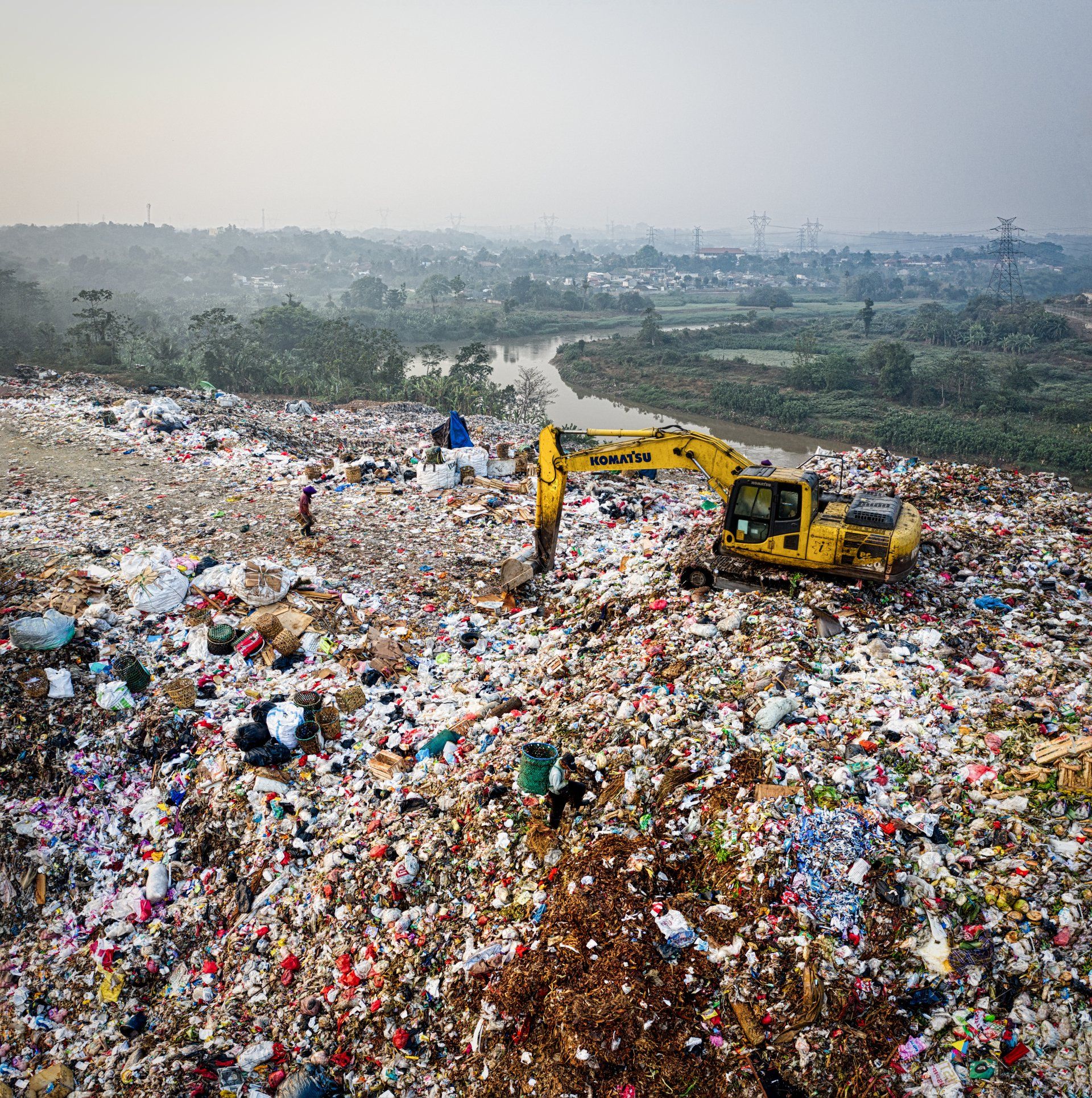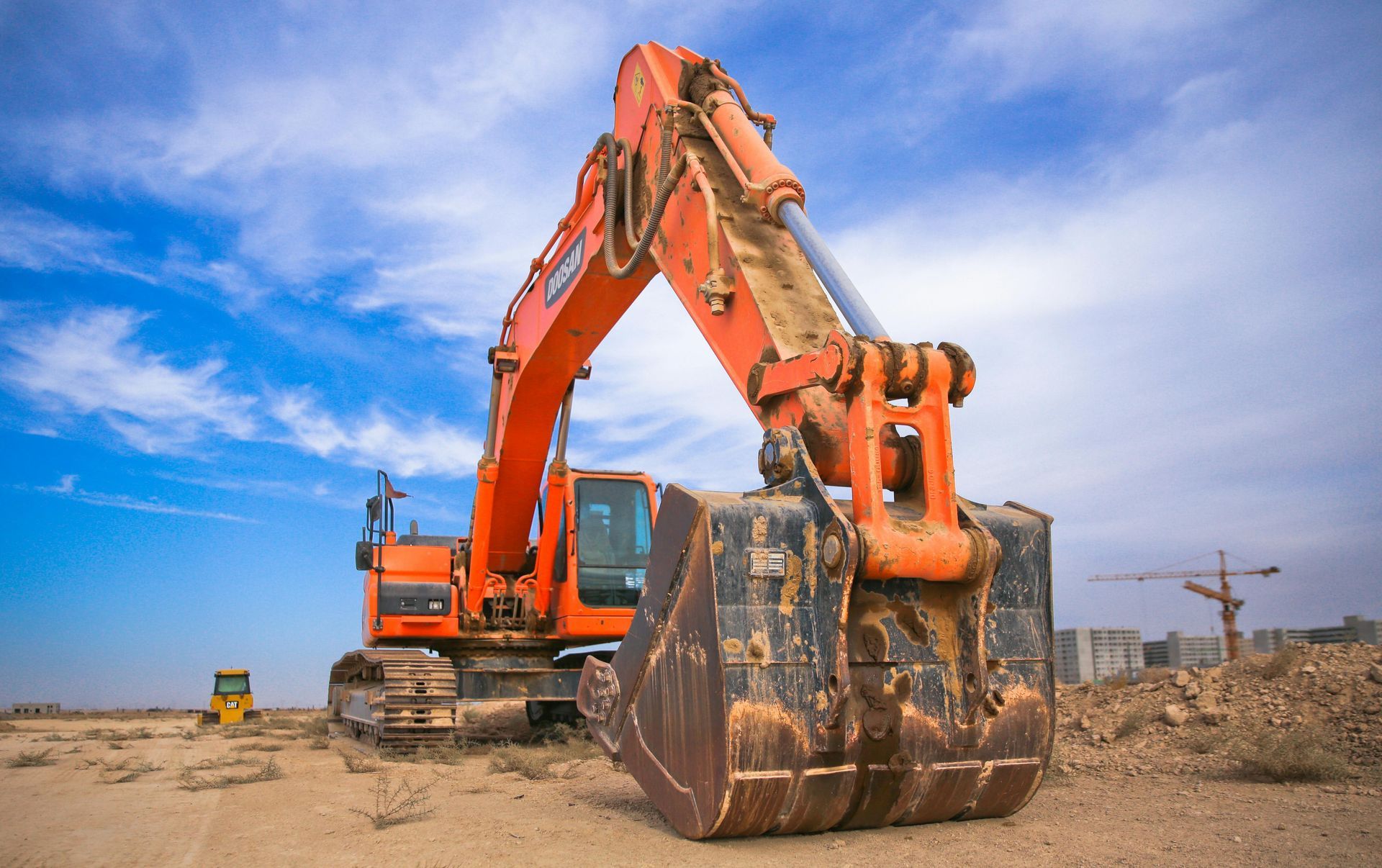What Cannot Be Placed In A Dumpster
Dumpsters are a convenient solution for managing waste during home renovations, construction projects, and clean-up efforts. However, it's essential to understand that not all materials are suitable for disposal in a dumpster. Certain items pose safety hazards, environmental concerns, or legal restrictions that prohibit their disposal in standard dumpsters. Let's explore what cannot be placed in a dumpster to ensure responsible waste management practices.
Hazardous Materials
Materials that are classified as hazardous waste should never be placed in a dumpster. These include:
- Chemicals: Paints, solvents, pesticides, and household cleaners contain harmful chemicals that can contaminate the environment if improperly disposed of.
- Batteries: Batteries, especially rechargeable and lithium-ion batteries, contain toxic chemicals that can leach into soil and water sources.
- Flammable Liquids: Gasoline, motor oil, and other flammable liquids pose fire hazards and should be disposed of safely at designated recycling or disposal facilities.
- Asbestos: Asbestos-containing materials, such as insulation, flooring, and roofing materials, require specialized handling and disposal due to health risks associated with asbestos exposure.
Electronic Waste
Electronic waste, or e-waste, should be properly recycled rather than disposed of in dumpsters. This includes:
- Computers and Laptops: Components of computers and laptops contain hazardous materials such as lead, mercury, and cadmium.
- Televisions: Old televisions and monitors may contain cathode ray tubes (CRTs) and other components that can release toxins when broken or crushed.
- Cell Phones and Batteries: Like other electronic devices, cell phones and their batteries contain hazardous materials that should be recycled.
Construction Debris
While many types of construction debris can be disposed of in dumpsters, certain materials may require special handling or separate disposal methods:
- Concrete and Bricks: Heavy materials such as concrete and bricks may exceed weight limits for standard dumpsters and should be disposed of at designated facilities.
- Hazardous Construction Materials: Items such as lead-based paint, treated lumber, and certain adhesives may require special handling due to environmental or health concerns.
Other Prohibited Items
In addition to the categories mentioned above, there are other items that cannot be placed in dumpsters:
- Medical Waste: Needles, syringes, and other medical waste should be disposed of according to regulations set forth by local health authorities.
- Tires: Tires are not accepted in standard dumpsters and should be taken to tire recycling facilities.
- Large Appliances: Refrigerators, air conditioners, and other large appliances containing refrigerants should be properly recycled to prevent the release of harmful chemicals.
Proper waste management is essential for protecting the environment, public health, and safety. By understanding what cannot be placed in a dumpster and following responsible disposal practices, individuals can minimize their impact on the environment and comply with legal regulations. If you're unsure about the proper disposal methods for specific items, contact your local waste management authorities or recycling facilities for guidance. Together, we can work towards a cleaner, safer, and more sustainable future.
You might also like
Bin Buzz


